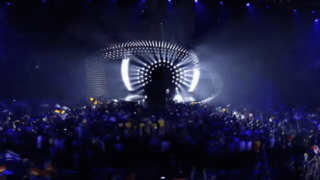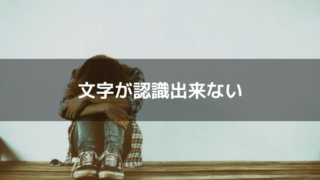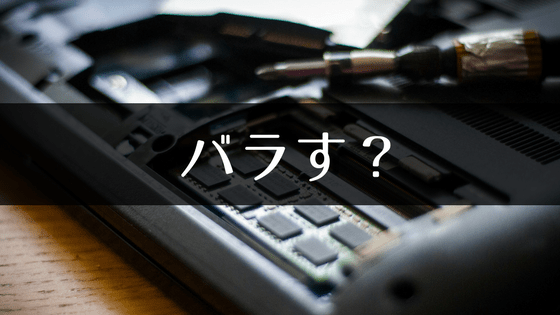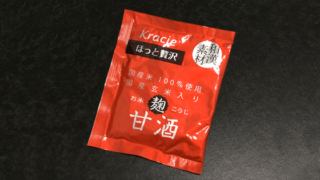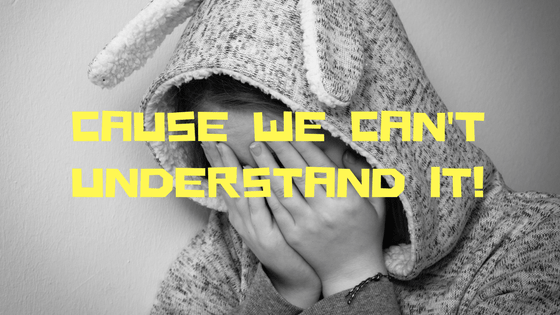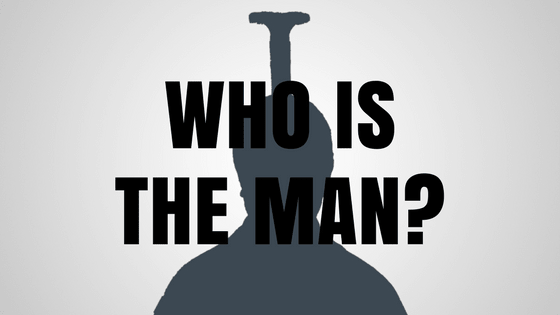Do you have Japanese friends? If you have, what do you think about their English?
It is said that Japanese aren’t able to understand English at all, they have terrible pronunciation skills, they speak “Japanglish”, you know.
On the other hand, it is also said that Japanese language is one of the most complex languages in the world.
Why are they not able to understand English well despite they use a complex language?
Let me explain the reasons with a point of view from a native Japanese speaker.
1. Japanese grammar is quite different from English grammar
For example, we don’t have counting nouns and articles (a / the), besides that, we can skip subjects. I mean, we often don’t need a subject in a sentence because of our grammar. It can make sense without them. That’s why our thinking way follows a quite different process compared to English speakers to begin with.
2. Unique letters
Did you know we use 3 kinds of letters in Japanese? 50 Hiragana letters, 50 Katakana letters and so many letters which are called as Kanji.
By the way, Japanese Kanji is basically different from Chinese Kanji. Well, I will post about it in another opportunity. Anyway, I’d like to tell you that there are not Japanese letters which express only consonants, so we don’t get used to catch the sounds of a consonant only.
3. Unique intonation
We have Japanese words which have exactly the same spelling and pronunciation. We distinguish the differences with the intonations.
Since intonation is important in Japanese, we always mind it unconsciously when we try to understand English as well.
What bothersome is that it’s sometimes pretty difficult to understand what they talk about if non-native English speakers are speaking English with their origin intonations.
Especially, it’s easy to make us confused if native Italian or Spanish speakers speak English because of their unique intonation even if they have less their typically accents.
On the other hand, it is said that French speakers often have a strong French accent, but it’s not that difficult to understand it for us because their intonation isn’t unique.
Their “h” is too weak and their “r” sounds unique but that’s all. Furthermore, I am sure their English would be quite better than English we speak to begin with.
4. The length of the sound
In Japanese, some words are distinguished with the length of the sound.
For example, A Japanese word ‘Obasan’ has the meaning of a lady who aren’t young. Something like a madam in English, maybe.
If you pronounce the part of “ba” slightly longer than the other syllables, you mean an old woman. It’s a small but big difference.
That’s why we tend to think the syllable which has the accent is pronounced a bit longer than the other syllables.
This is a bad habit if we try to learn English…
5. We don’t learn Phonics at school
The biggest problem would be caused by our English education at school in my opinion.
I wonder if non-native English speakers usually learn Phonics at school. I had never heard of ‘Phonics’ itself until I started to learn English again by myself.
How to pronounce is often written in Katakana letters above the English words when it comes to our English textbooks.
You remember what I said in No.2, don’t you? All Japanese letters have a vowel, there are no exceptions. Some letters are made up of a vowel only but there are no letters which are made up of a consonant only. That means, Japanese letters can’t express English pronunciations exactly.
These Katakana words would rather make the learners confused because they express wrong pronunciations.
We learn a lot of wrong pronunciations in Katakana, that’s the reason why we are not able to catch English speakers’ pronunciation at all. Unfortunately, it’s not a joke…
You could have the other reasons besides what I said, but these are the 5 biggest reasons I guess.
Ok, that’s all today.

